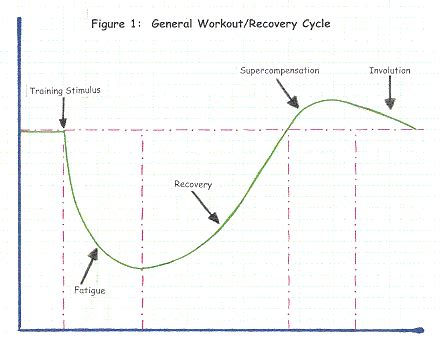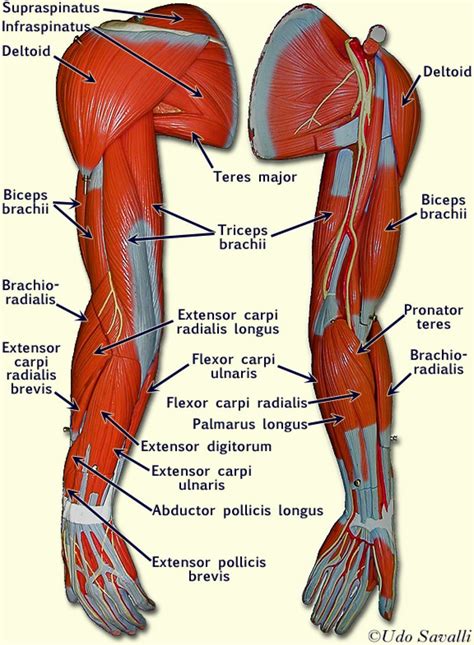Optimize recovery for peak strength gains and prevent overtraining?

Why Recovery is Your Secret Weapon for Strength Gains
Many fitness enthusiasts meticulously plan their workouts, tracking sets, reps, and weights with precision. Yet, often overlooked is the equally critical phase of recovery. It’s during recovery, not the workout itself, that your muscles repair, adapt, and grow stronger. Neglecting this crucial component can lead to stalled progress, increased injury risk, and the dreaded state of overtraining. Optimizing your recovery isn’t just about resting; it’s a strategic process that unlocks your true potential for peak strength and sustained performance.

Understanding Overtraining: More Than Just Feeling Tired
Overtraining isn’t merely a bad day at the gym; it’s a physiological and psychological state that arises from an imbalance between training stress and recovery capacity. Your body needs time to adapt to the demands placed upon it. When you consistently push without adequate rest, your body’s ability to recover diminishes, leading to a cascade of negative effects.
Key Signs You Might Be Overtraining:
- Persistent Fatigue: Feeling constantly tired, even after a full night’s sleep.
- Decreased Performance: Noticeable drops in strength, endurance, or overall workout quality.
- Increased Irritability & Mood Swings: Psychological symptoms like anxiety, depression, or lack of motivation.
- Insomnia or Disturbed Sleep: Despite feeling tired, you struggle to fall asleep or stay asleep.
- Frequent Illnesses: A weakened immune system due to chronic stress.
- Chronic Muscle Soreness/Aches: Prolonged muscle soreness that doesn’t subside.
- Elevated Resting Heart Rate: A higher than usual resting heart rate upon waking.
Pillars of Optimal Recovery for Peak Performance
To truly optimize your recovery and ensure continuous strength gains, a multi-faceted approach is essential. This involves not just physical rest, but also strategic nutritional, psychological, and lifestyle adjustments.
1. Prioritize Quality Sleep
Sleep is arguably the most powerful recovery tool. During deep sleep cycles, your body releases growth hormone, which is vital for muscle repair and growth. Aim for 7-9 hours of quality sleep per night. Establish a consistent sleep schedule, create a dark and cool sleep environment, and avoid screens before bed.

2. Fuel Your Body Wisely: Nutrition & Hydration
What you eat directly impacts your recovery capacity. Focus on:
- Protein: Essential for muscle repair and synthesis. Consume 1.6-2.2 grams of protein per kilogram of body weight daily, spread throughout the day.
- Carbohydrates: Replenish glycogen stores, which are depleted during intense workouts. Prioritize complex carbs like whole grains, fruits, and vegetables.
- Healthy Fats: Support hormone production and reduce inflammation.
- Micronutrients: Vitamins and minerals play crucial roles in countless bodily functions, including recovery.
- Hydration: Dehydration impairs performance and recovery. Drink plenty of water throughout the day, especially around workouts.

3. Strategic Active Recovery & Mobility Work
While complete rest days are vital, active recovery can enhance blood flow, reduce muscle soreness, and improve flexibility. This can include light cardio (walking, cycling), foam rolling, stretching, or yoga. Mobility work improves range of motion and can prevent imbalances that lead to injury.
4. Manage Stress Effectively
Chronic stress elevates cortisol levels, which can hinder muscle growth and recovery. Incorporate stress-reduction techniques into your daily routine, such as meditation, deep breathing exercises, spending time in nature, or engaging in hobbies you enjoy. A calm mind supports a recovering body.

5. Implement Periodization and Deload Weeks
Don’t train at maximum intensity indefinitely. Periodization involves strategically varying your training volume and intensity over time. Crucially, integrate deload weeks every 4-8 weeks, where you significantly reduce volume and/or intensity. This allows your body to fully recover, adapt, and prevent overtraining, leading to a supercompensation effect when you return to full training.

Conclusion: A Holistic Approach to Sustained Progress
Optimizing recovery is not a passive act; it’s an active, ongoing strategy that is just as important as your training itself. By consciously prioritizing quality sleep, smart nutrition, active recovery, stress management, and strategic training breaks, you create the ideal environment for your body to repair, adapt, and grow. Embrace recovery as an integral part of your strength journey, and you’ll not only prevent overtraining but also unlock unparalleled gains and sustain your fitness for years to come.









